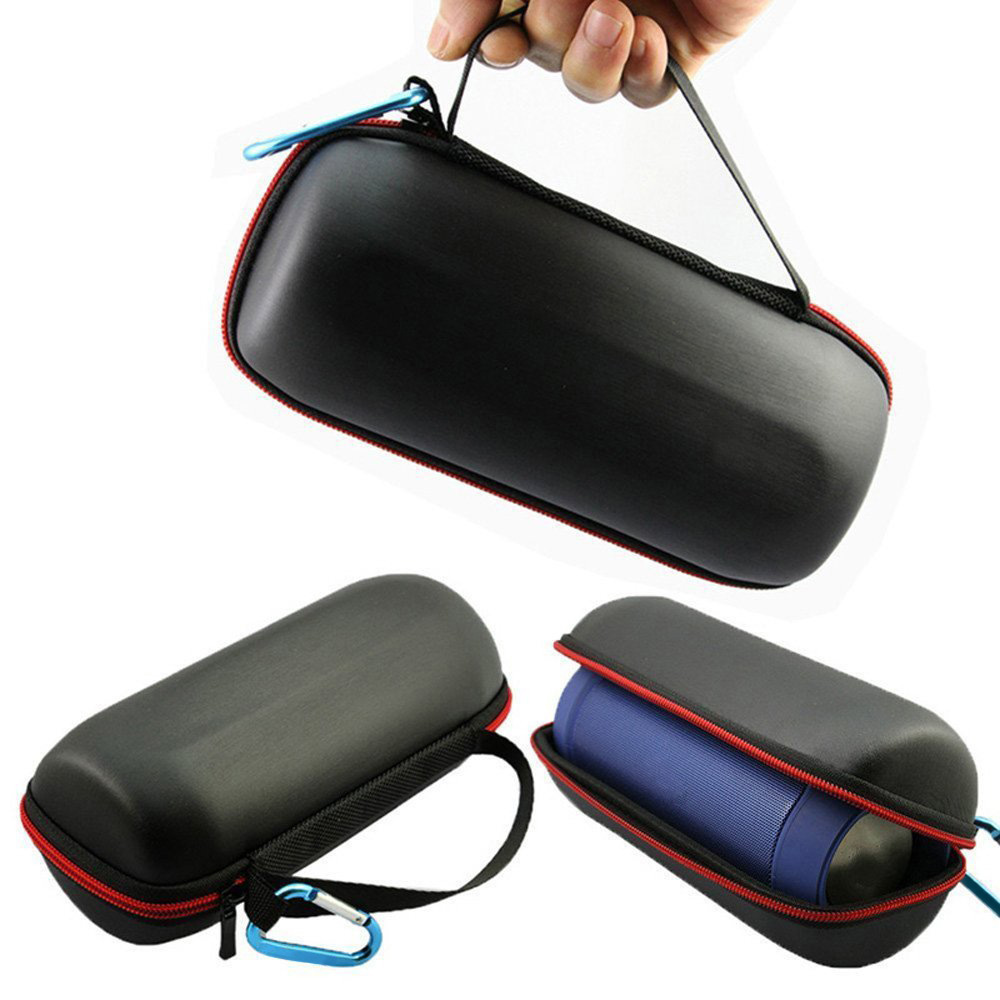
In today’s competitive E-commerce landscape, personalization has become a key differentiator for online businesses. By tailoring the shopping experience to individual customers’ preferences, behaviors, and needs, companies can significantly enhance customer satisfaction and drive higher sales. Personalization encompasses a range of strategies, from personalized product recommendations and targeted marketing campaigns to customized content and user experiences. This blog post will explore the various aspects of personalization in E-commerce, discussing its benefits, the latest tools and technologies, and practical tips on how to implement effective personalization strategies to delight your customers and boost your business’s success.
The Importance of Personalization in Ecommerce
Personalization in Ecommerce goes beyond simply addressing customers by their first names in emails. It involves understanding their behaviors, preferences, and needs to offer relevant product recommendations, content, and offers. Studies have shown that personalized experiences can lead to higher conversion rates, increased average order values, and improved customer retention. When customers feel understood and valued, they are more likely to return to your store and make repeat purchases.
Strategies for Personalization

Personalized Recommendations
One of the most effective personalization strategies is providing personalized product recommendations. By analyzing a customer’s browsing and purchasing history, Ecommerce platforms can suggest products that are likely to interest them. These recommendations can appear on various parts of the website, such as the homepage, product pages, and checkout pages. Personalized recommendations not only enhance the shopping experience but also increase the likelihood of cross-selling and upselling.
Email Marketing Personalization

Email marketing remains a powerful tool for Ecommerce businesses. Personalizing email content can significantly boost open rates and click-through rates. This can be achieved by segmenting your email list based on customer behavior, demographics, and past purchases. Sending tailored emails with personalized product recommendations, exclusive offers, and relevant content can drive engagement and sales. Additionally, personalized emails can help build stronger relationships with your customers by making them feel valued and appreciated.
Dynamic Website Content

Dynamic website content personalization involves altering the content of your website based on the visitor’s behavior and preferences. This can include displaying different banners, offers, and product recommendations for different users. For instance, a returning customer might see a banner promoting products related to their previous purchases, while a new visitor might see a welcome offer. Dynamic content personalization ensures that each visitor has a unique and relevant experience on your website, increasing the chances of conversion.
Personalized Landing Pages
Creating personalized landing pages can significantly improve the effectiveness of your marketing campaigns. Instead of directing all traffic to a generic landing page, you can create multiple versions tailored to different audience segments. For example, if you’re running a Facebook ad campaign targeting young mothers, you can direct them to a landing page featuring baby products and relevant content. Personalized landing pages increase relevance and engagement, leading to higher conversion rates.
Technology for Personalization
Customer Data Platforms (CDPs)
Customer Data Platforms (CDPs) are essential tools for E-commerce personalization. CDPs collect and unify customer data from various sources, providing a comprehensive view of each customer. This data can include browsing behavior, purchase history, demographic information, and more. By leveraging CDPs, businesses can create detailed customer profiles that enable highly targeted and personalized marketing efforts. CDPs also facilitate real-time data analysis, allowing for dynamic personalization and timely customer interactions.
Machine Learning and AI

Machine learning and artificial intelligence (AI) play a crucial role in Ecommerce personalization. These technologies analyze vast amounts of data to identify patterns and predict customer behavior. AI-powered recommendation engines can suggest products based on individual preferences, improving the relevance and accuracy of recommendations. Additionally, machine learning algorithms can optimize email marketing campaigns, segment audiences, and personalize website content. The use of AI and machine learning in personalization helps Ecommerce businesses deliver more accurate and effective personalized experiences.
Case Studies of Brands Excelling in Personalization
Amazon

Amazon is a prime example of a brand that excels in Ecommerce personalization. The platform uses sophisticated algorithms to analyze customer behavior and provide personalized product recommendations. Amazon’s recommendation engine accounts for a significant portion of its revenue, showcasing the effectiveness of personalized experiences. Additionally, Amazon personalizes email marketing campaigns and uses dynamic content to enhance the shopping experience for each customer.
Netflix

Although not an Ecommerce platform, Netflix’s personalization strategies offer valuable insights. Netflix uses machine learning algorithms to analyze user behavior and preferences, providing personalized content recommendations. This level of personalization keeps users engaged and subscribed to the platform. Ecommerce businesses can learn from Netflix’s approach by implementing similar personalization techniques to keep customers engaged and loyal.
Future Trends in Ecommerce Personalization
Hyper-Personalization
Hyper-personalization takes personalization to the next level by leveraging real-time data and AI to deliver even more tailored experiences. This involves understanding the customer’s context, such as their current location, time of day, and browsing behavior, to provide relevant recommendations and offers. Hyper-personalization can create highly engaging and meaningful interactions, leading to increased customer satisfaction and loyalty.
Augmented Reality (AR) and Virtual Reality (VR)

AR and VR technologies are transforming the way customers shop online. These technologies allow customers to visualize products in their real-world environment, providing a more immersive and personalized shopping experience. For example, furniture retailers can use AR to let customers see how a piece of furniture would look in their home. This level of personalization enhances the customer experience and reduces the likelihood of returns.
Predictive Analytics
Predictive analytics involves using historical data and machine learning algorithms to predict future customer behavior. This can help Ecommerce businesses anticipate customer needs and preferences, allowing them to offer personalized recommendations and promotions proactively. Predictive analytics can also optimize inventory management and marketing strategies, ensuring that the right products and offers are presented to the right customers at the right time.
Conclusion
Personalization in E-commerce is essential for creating exceptional customer experiences and driving business growth. By leveraging personalized recommendations, email marketing, dynamic content, and personalized landing pages, businesses can delight their customers and increase conversions. Embracing advanced technologies such as CDPs, AI, and machine learning further enhances the effectiveness of personalization efforts. As E-commerce continues to evolve, staying ahead of personalization trends will be crucial for maintaining a competitive edge and fostering customer loyalty.







Leave a Reply
You must be logged in to post a comment.